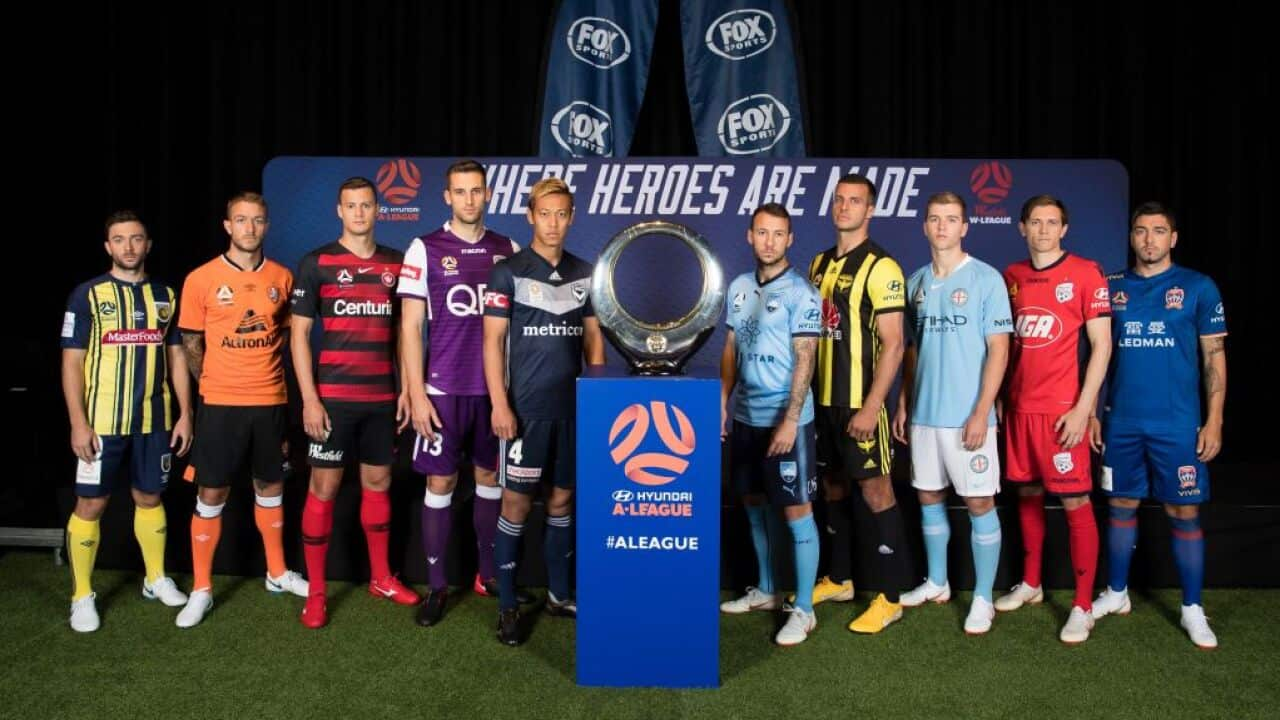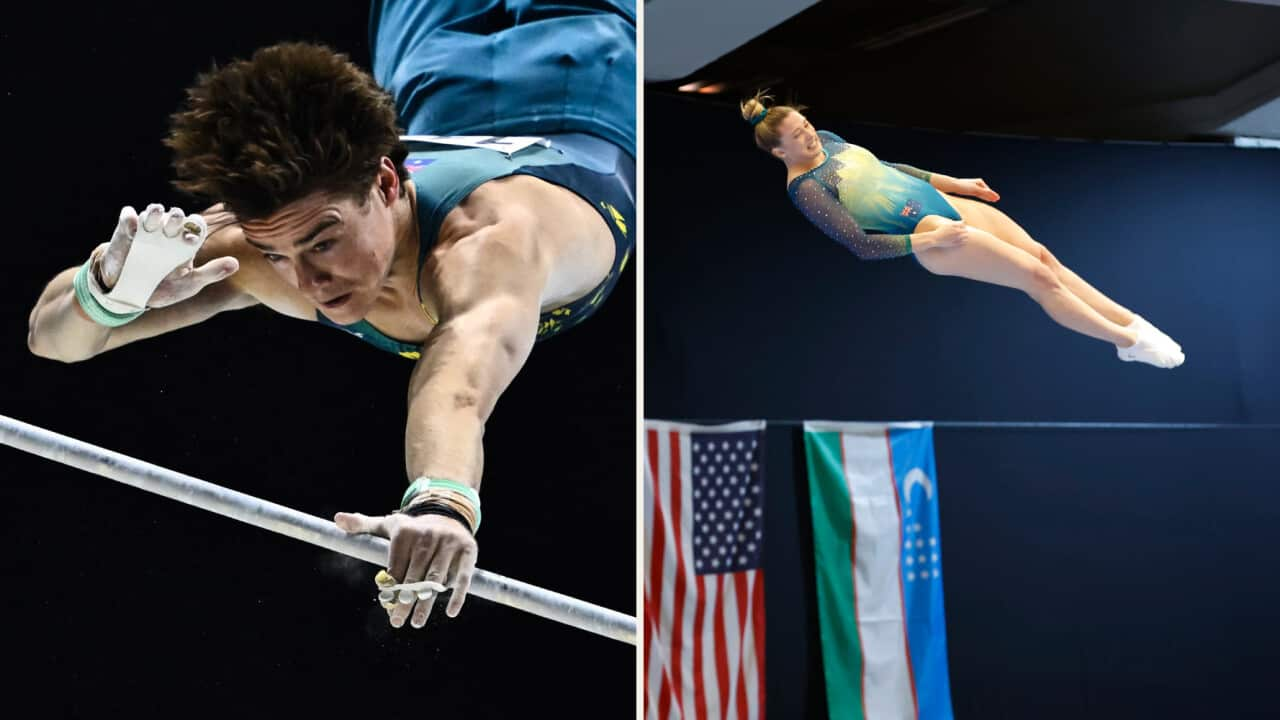It certainly is a step in the right direction because it is becoming bleedingly obvious that Football Federation Australia have their hands full in trying to administer all aspects of the game that is getting bigger every year.
The administration has a history of not coping too well with the game's increasing demands and it's showing.
Poor and unpopular decisions keep dogging the suits at headquarters.
The blueprint for an independent future put out by the Australian Professional Football Clubs Association is a comprehensive exercise designed to show the way forward for club football in this country.
It contains many exciting and positive points that would suggest that - if implemented properly and with goodwill from all parties - club football has a bright future despite being in the doldrums for the best part of the last five years since the heydays of Alessandro del Piero and Shinji Ono.
The independence movement's latest initiative came in the same week as members of the National Second Division Working Group held their first meeting.
Representatives of Australia's football clubs, member federations, the players' union and FFA have started discussions on the key design principles for the establishment of a national second division.
A lot of wheeling and dealing will take place before these bold plans materialise but it's looking good.
At this point however the APFCA must recognise - and be seen to be recognising - that with independence comes a heavy responsibility.
It is no secret that the association's main drive is to wrest control over their own destiny from the FFA.
In other words, the professional clubs are seeking a 90 per cent share of any broadcasting deal but FFA want a larger portion.
And now that the professional clubs' organisation has joined the influential World Leagues Forum comprising the strongest domestic championships on the planet, it is pretty clear that it dreams of making the A-League a mini version of the Premier League, Bundesliga or Primera Division.
Which is fine ... if only Australia's top club competition becomes half as strong technically and financially as the three European heavyweights.
But here comes the catch: the blatant greed that permeates within the top echelons of world football is such that you will not find too many clubs that are outside the inner circle that have too many complimentary words to say about the way their domestic game suits the elite few.
You will not find too many loyal fans of even the world's most famous clubs who are not complaining about being asked to fork out more and more money to watch their favourite teams in action so the clubs could pay their filthy rich stars.
Try asking second-tier clubs like Middlesbrough, Bristol City, Bochum, Furth, Granada or Oviedo if they are getting a fair go from their respective leagues or whether they think the gap between the haves and have nots is getting narrower or wider.
There is no suggestion that the A-League would become as selfish and dismissive of the game's lower levels and grassroots if it is given a free rein to shape its own destiny.
Although club owners who have put millions into the game are morally entitled to seek to recover some of their losses they may attribute to FFA's management.
Most people would agree that an independent competition coupled with a second division and subsequent promotion and relegation are the most logical way to raise overall standards, add a bit of oomph to our stagnant club scene and fall in line with the rest of the world.
One thing should be uppermost in the stakeholders' minds, however.
The world's leading football countries are so well established sportingly and culturally that they can 'afford' to put all their eggs in one basket due to the weight of sheer numbers.
The likes of England, Spain, Brazil, Italy, France, Argentina and Germany in a way are allowed to concentrate too much on the top end of their game at the expense of the lower levels because they will always bounce back.
At the end of the day the appeal of Liverpool, Manchester United, Barcelona, Real Madrid, Juventus, Bayern Munich, Flamengo, Boca Juniors, River Plate and Paris Saint-Germain is such that matches involving any of these super clubs would captivate an entire nation.
Australia is not in that privileged position and cannot afford to keep getting things wrong.










